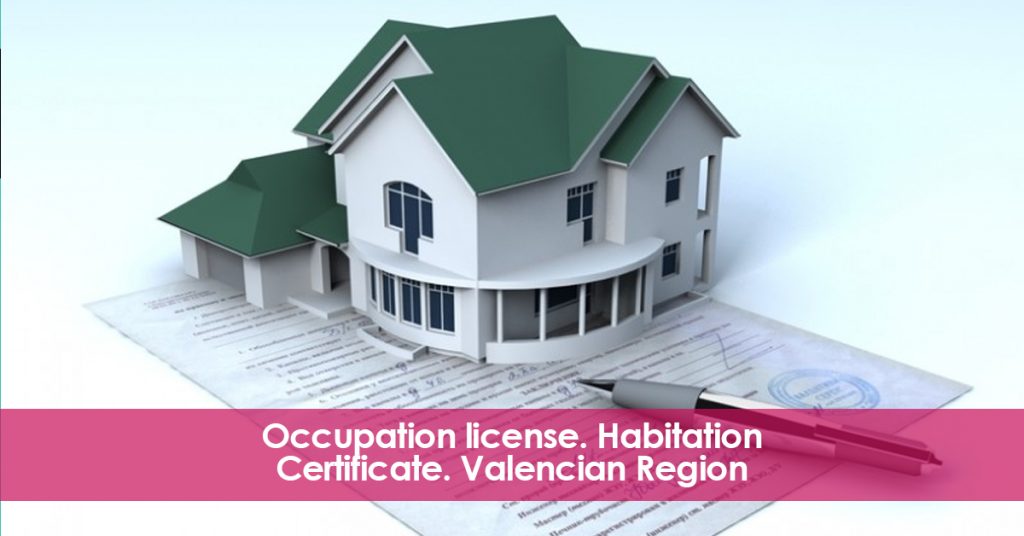When purchasing, selling, or renting a property, it is crucial to understand certain legal aspects that may impact the transaction. In the Valencian Community, the Responsible Declaration of Occupancy (Occupation License) has gained increasing importance in recent years. What exactly is this document?. When is it required?. We explain everything in detail below.
What is the Responsible Declaration of Occupancy?.
The Responsible Declaration of First or Second Occupancy is the document that has replaced the former Occupation License or Habitability Certificate. Its primary purpose is to certify that a property is fit for habitation from an administrative perspective. In other words, it confirms that the dwelling meets the required habitability conditions and complies with the applicable urban planning regulations. The regulations governing this document vary between Spain’s autonomous communities. In the Valencian Community, responsibility for managing and granting it lies with the local town halls.
Regulations governing the Responsible Declaration in the Valencian Region.
The Responsible Declaration is regulated under Decree 12/2021 of 22 January by the Valencian parliament. The current legislation simplifies the process, allowing a property to be occupied without the need to wait for an express resolution from the authorities. This means that, once the declaration has been submitted to the corresponding town hall, it is automatically deemed valid, authorising the legal occupation of the property.
However, the authorities retain the right to review the submitted documentation at any time. If they detect an error or a non-compliance issue, they could revoke the validity of the Responsible Declaration.
When is the Responsible Declaration of Occupancy required?.
The Responsible Declaration of First or Second Occupancy is mandatory in the following cases:
.- First occupation of newly built properties.
.- Properties that have undergone major renovations that substantially alter the conditions under which the original licence was granted.
.- Change of property use (e.g., from commercial to residential).
.- Second occupancy of previously owned properties, where ownership is transferred or new utility contracts are required.
.- Rental and tourist letting.
.- Etc.
What documents are required when submitting a Responsible Declaration?.
The documentation required depends on whether the property is a new build or a previously owned home. The requirements for new properties are significantly more extensive.
For resale properties, it has traditionally been sufficient to provide utility bills (water and electricity), proof of property tax (IBI) payments, and a habitability certificate signed by an architect. However, this is not always the case, and each situation must be assessed individually.
Many town halls also require proof that the property is connected to the sewage system or, alternatively, that it has a septic tank complying with current regulations. This is the case, for example, in Denia. Furthermore, if the property is over 50 years old, a Building Evaluation Report (IEE) may also be required.
Conclusion.
The Responsible Declaration of Occupancy (formerly known as Occupation License or Habitation Certificate) is a crucial document in any property transaction and is often a source of disputes between buyers and sellers. At White-Baos Lawyers, we are experts in property law and legal claims relating to real estate transactions. We can assist you—please do not hesitate to contact us.
The information provided in this article does not constitute legal advice but is intended for general informational purposes only.
Carlos Baos (Lawyer)
White & Baos.
Tel: +34 966 426 185
E-mail: info@white-baos.com
White & Baos 2025 – All Rights Reserved.
